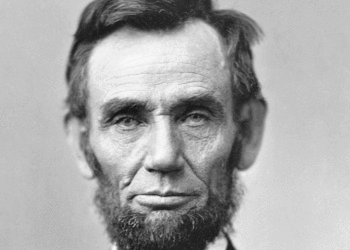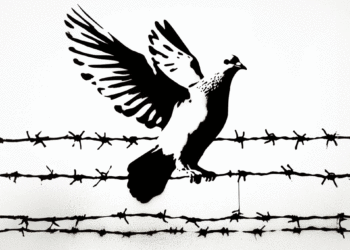Queen Esther’s religious background is part of a story of Jewish survival that encompasses every permutation of identity, secret or otherwise
By ROBIN WASHINGTON
In Two Harbors years ago, I kept bumping into a guy I thought had to be Jewish. He had a Jewish-sounding surname (if I didn’t) and “looked Jewish” — at least more than anyone else in town. I had yet to meet any others, so after a month I finally asked him.
“Oh, no,” he responded quickly, to my embarrassment.
Later, I mentioned it to a matron at Temple Israel in Duluth.
“That’s OK,” she said. “There are people up there who don’t know that they’re Jewish.”

Whether his family was hiding it or not, Jews have been doing so for centuries, from crypto-Jews to escapees from the pogroms and the Holocaust. It’s a story of survival that encompasses every permutation of identity, secret or otherwise. Clark Kent may not have been Jewish, but are you sure about Superman?
And then there’s Esther, whose beauty so strikes King Ahasuerus of Persia that he doesn’t even ask what religion she is (not to mention waiving a prenup). Though her cousin and legal guardian Mordecai seems to be the most public Jew in Persia, the king never connects those dots, and Mordecai instructs her to stay mum. Full disclosure comes only after Haman plots to kill all Jews, including, he learns too late, the king’s beloved wife.
I’ve never been sure what to make of the Purim story. It and the Song of Songs are the only two books in the Torah in which God isn’t a central character. Maybe it’s something about kings in love with beautiful women.
More likely the message is “don’t be prejudiced,” with which I agree, and “or else,” which I find more troubling: The hanging of Haman, his 10 sons, and the slaying of 75,000 others is more than a little excessive. Sounding a noisemaker is one thing. Decimating a population almost the size of Duluth is another.
All this, and the Jews’ subsequent good fortune under Ahasuerus, is made possible by Esther’s timing in outing herself. Had she made that revelation earlier, Haman — should he have exercised more opportunism than racism — could have done away with Mordecai and not the rest of the Jews. But because she waited, we saw his true colors.
I’ve experienced something like that: white people saying the n-word in front of me, and Jews using schwartze, not knowing I was black; blacks speaking derisively of Jews, unaware of that part of my heritage. I’m happy to say it happens infrequently these days, but maybe less because of improved racial understanding than the way I often introduce myself: “Hi, I’m Robin Washington. I’m a Black Jew.”
Still, there are other times when it’s best to let my ethnic ambiguity speak for itself. Not to hide anything, just not volunteering; and with race an illusion created by humans, letting people draw whatever conclusion they want.
That also works with my name, by the way. A surefire sign that someone doesn’t know me is when I get a letter or e-mail addressed to “Ms. Robin Washington.”
She sounds lovely, but I doubt as beautiful as Esther.
***
Robin Washington, of Duluth, is a research scholar for the San Francisco-based think tank, Be’chol Lashon.
(American Jewish World, 3.14.14)




















